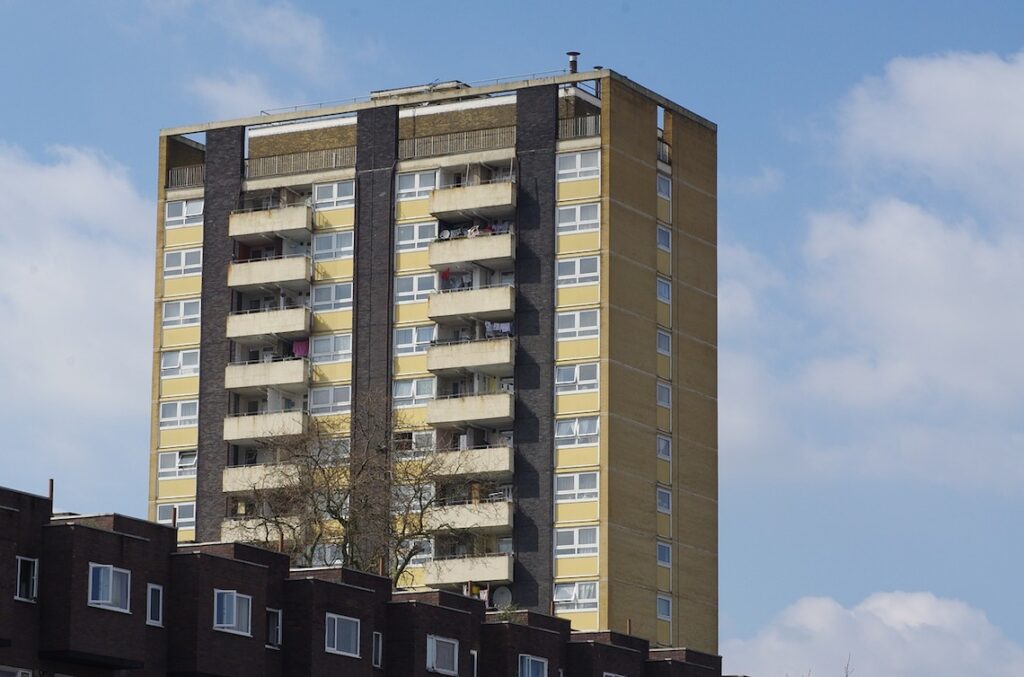
Posted 12th February 2016
SROI is used across a wide range of different sectors, countries and geographies. One area which has seen an increased take up of SROI is the housing sector. Trafford Housing Trust (THT) has been at the forefront of this and Dr Jennifer Hall, their Innovation Lead, won the ESRC prize for Outstanding Early Career Impact last year for the work she has done in improving social change through measuring, monitoring and evaluating social impact.
We spoke to Jeni to find out more.
Why are you using SROI and how did you go about it?
THT is a profit for purpose organisation; the money that we earn is intended to deliver social impact, so we feel a strong need to prove and improve the impact that we’re creating. Value for money is also a motivating factor, as for most housing associations, but it’s not as important as our desire to improve services.
Within THT, we have selected a few different projects on which to apply the principles of SROI. So far we have used SROI on an ad hoc sheltered housing scheme, our social enterprise CleanStart, and executed an SROI forecast on a new development programme. This process has helped us to articulate and justify why these projects are important, and why we should direct resources towards them.
We also recently started a social value audit projection using SROI, which will be a really exciting project.
Has SROI been useful? Have you changed anything as a result of SROI?
Yes, SROI has been really useful for us in lots of ways.
Firstly, SROI has helped us to improve our understanding of exactly what we do and our impact. Traditionally, housing associations have kept with a ‘feel good’ approach – SROI means that we now have an evidence basis for the work that we do.
Secondly, for CleanStart, SROI has given us a competitive advantage because it helps us to engage in the bidding process. Businesses are coming to us because of our findings through SROI.
Thirdly, SROI helps us to make investment decisions, for example in the SROI forecast we did for our regeneration project. Because using SROI means that we can be more certain of the outcomes that we’ll generate, and therefore make more outcomes-focussed decisions.
However, the biggest change that SROI has made is in understanding internally within the organisation. SROI provides us with an explanation of why we’re doing what we’re doing, and has helped to effect a change from a focus on outputs to outcomes. This also means that we have a better working environment – the process of delivering social impact is rewarding, and when we can see clear evidence of this, it improves the experience of both staff and communities.
